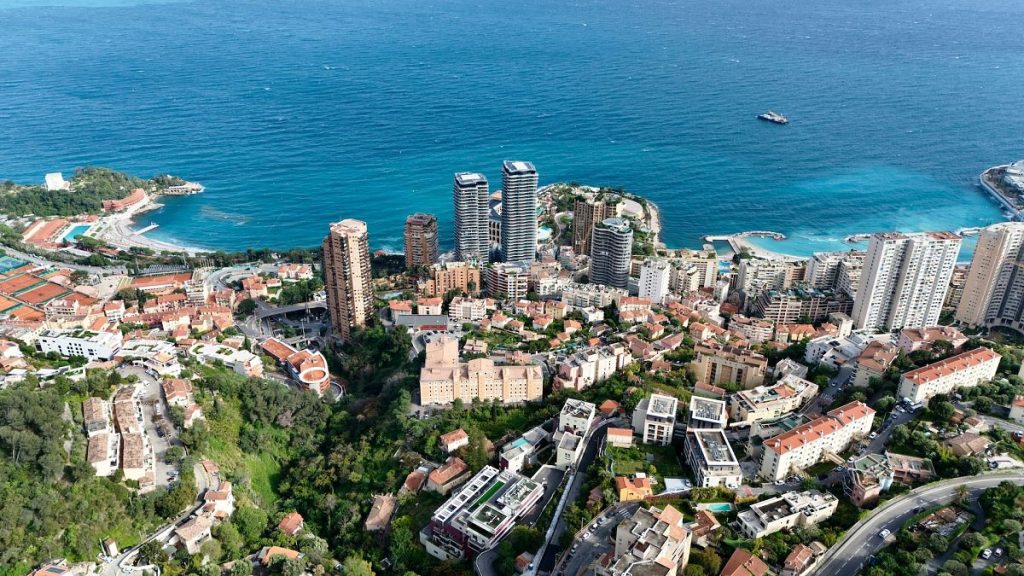In the search for budget-friendly destinations without income tax, half of the ten most affordable tax-free countries for expats are located in the Gulf region. William Russell’s recent report analyzes various metrics such as average salaries, localized living expenses, rent prices, and utility costs to gauge the attractiveness of these locations. Through a “relocation score” assigned out of ten, the report ranks countries on their overall affordability for individuals looking to move abroad in the coming year. These analyses reveal the realistic financial landscape faced by potential expats when considering a move to tax-free nations, emphasizing a comprehensive view of living costs versus salary potentials.
Leading the list for 2024 is Oman, which boasts a high relocation score of 7.92. The country is recognized for its remarkably low housing costs, with apartments available for purchase at just €108 per square meter. Monthly rent averages around €439, and the overall monthly living expenses for a single person are approximately €699. With average net monthly earnings of €2,051, expats can expect significant leftover income of around €817 after deducting basic living costs and utilities. The relatively affordable cost of travel to Oman, with one-way tickets from London costing approximately €214, adds further appeal for relocating expats.
Kuwait follows closely as the second most affordable tax-free country for expats, achieving a score of 6.49. Here, monthly living expenses average €720, with utility costs around €45. Although rent is slightly higher than in Oman at €721, the average net salary of €2,552 leaves expats with a surplus income of €1,066 after covering all necessary expenses. The travel costs to Kuwait are also reasonable, ranging from £150 from London to €623 from New York, thus making this country another viable option for income-conscious expatriates.
Another promising destination is Bahrain, securing a relocation score of 6.36, making it the third on the list. Notably, Bahrain ranks as the second cheapest country for purchasing apartments, priced at €161 per square meter. Monthly living costs are slightly higher, averaging €788, and utility bills add around €116. Average rent in Bahrain mirrors Kuwait at €721, while the monthly net salary of just under €2,000 translates to €302 in leftover income after covering the essential costs of living. This affordability highlights Bahrain’s attractiveness as an expat destination, particularly for those looking for viable housing options without the burden of income tax.
The United Arab Emirates (UAE) is also a strong contender for expats, marked as the fourth most affordable destination. With monthly living costs around €893 and an average net salary of €3,232, the UAE presents a compelling option. However, housing is pricier, with average monthly rent reaching €945. Nevertheless, expats can still expect about €1,237 in surplus income each month, making it a coveted choice for those seeking employment in a dynamic economy while enjoying the benefits of a tax-free environment.
As the list extends to other regions, the Maldives and the Bahamas appear as popular vacation spots that nonetheless offer challenges for expats. The Maldives ranks sixth with living costs at €735 and rent averaging €689; however, an average salary of just €861 results in a negative leftover income. The Bahamas ranks eighth similarly, with a high cost of living and rent that exceeds average net salaries, leaving expats financially stretched. Monaco, ranking eighth as the only European entry, boasts the highest average salary of €6,718. Yet, it also has significant living expenses, leading to negative leftover income projections for those not earning above average.
Lastly, Vanuatu stands out as the least affordable tax-free country, with a low relocation score of 2.08. Given monthly living costs of €1,035 and an average net salary of only €573, this destination becomes a difficult option for expats looking for affordability. The high cost of living in comparison to earnings signifies that relocating here would likely be unfeasible for many. Overall, the Gulf countries dominate the rankings, with the financial nuances involved in international relocation taking precedence. As Ross Irvine suggests, prospective expats should contemplate financial planning, such as international income protection, to secure their lifestyles against potential setbacks in their new environments. This holistic understanding of costs against expected salaries is crucial for anyone considering a move to these tax-free paradises in 2024.














